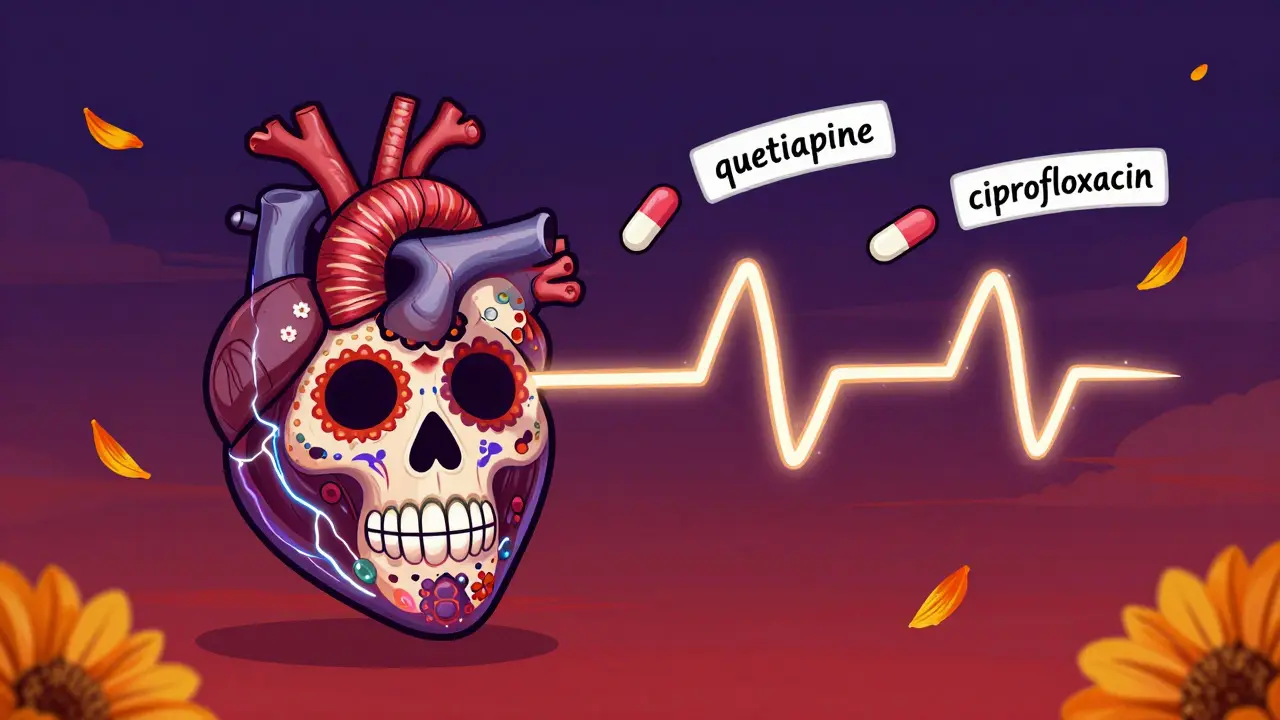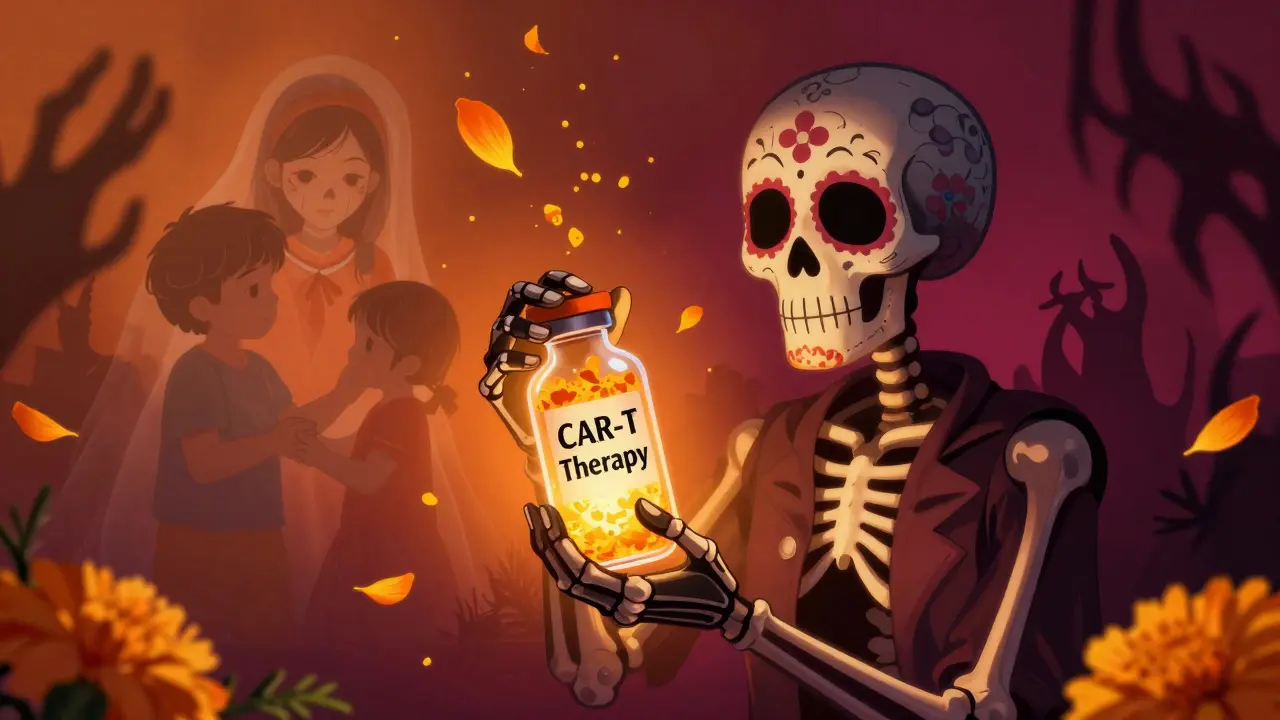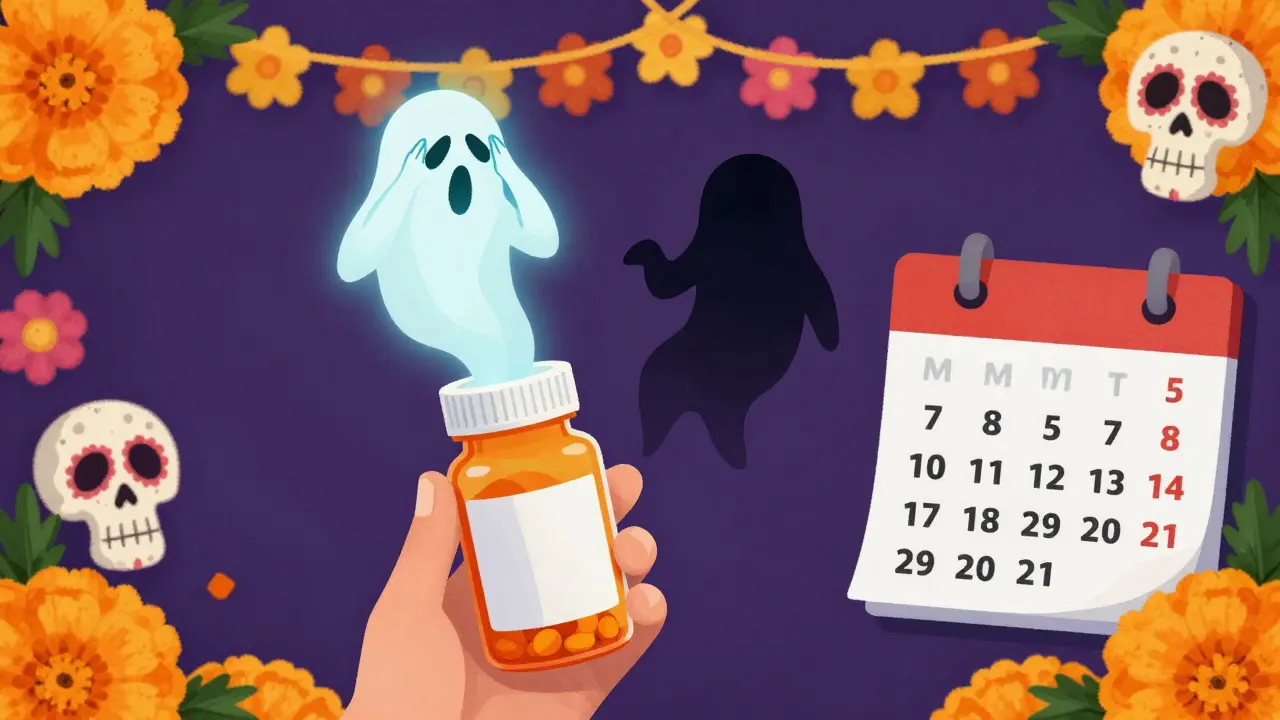Health & Wellness: Practical Tips, Safe Meds, and Natural Boosts
Feeling overwhelmed by the flood of medication ads, supplement claims, and diet advice? You’re not alone. In this guide we cut through the noise and give you clear, actionable steps you can use today.
First off, buying prescription drugs online can be a lifesaver, but only if you know where to look. In the UK, legitimate pharmacies are registered with the General Pharmaceutical Council (GPhC). Look for the GPhC logo on the site, check that a pharmacist’s name and registration number are displayed, and make sure the pharmacy asks for a valid prescription before shipping drugs like Lexapro, Ivermectin, Phenytoin, or Aricept. Prices that seem too good to be true usually are, and they often hide counterfeit pills that can hurt you.
Safe Online Purchasing in the UK
When you find a GPhC‑listed site, compare a few things before you click ‘Buy’. Verify the shipping address (it should be a real UK address, not a vague warehouse), read the return policy, and note whether the pharmacy offers a free consultation with a pharmacist. For drugs that have recently faced shortages—such as Clarithromycin or Ranitidine—legitimate sellers will explain the shortage and suggest alternatives like Amoxicillin or Famotidine. If a site pushes you to skip the prescription step, walk away. It’s better to pay a little extra for safety than risk a fake pill.
Keep a record of your order number, the pharmacy’s contact details, and the batch number printed on the medication bottle. If anything feels off, you can always check the batch with the Medicines and Healthcare products Regulatory Agency (MHRA). This extra step can catch counterfeit batches before they reach your kitchen table.
Natural Ways to Support Your Health
Supplements are tempting, especially when you see headlines about exotic herbs that “boost metabolism” or “cure disease”. Thunder God Vine, for example, contains celastrol and has shown some promise in animal studies for fat loss, but human data is scarce and side effects can be serious. If you’re looking for a safer natural boost, consider guava supplements. They’re rich in vitamin C, fiber, and antioxidants, which can support immune health without the risk of severe side effects.
Diet matters too. People with lupus often wonder which foods might calm flare‑ups. Research points to omega‑3 rich fish, leafy greens, and a low‑sodium diet to help manage inflammation. Similarly, staying active with conditions like sickle‑cell anemia isn’t about intense workouts; it’s about low‑impact activities—walking, swimming, or gentle yoga—that improve circulation without overtaxing the body.
Finally, never underestimate the power of simple habits. Drinking enough water, getting 7‑8 hours of sleep, and keeping stress in check can make prescription meds work better and reduce the need for extra pills. Pair these basics with the right medication, ordered safely, and you’ll have a solid foundation for long‑term health.
Whether you’re ordering a brand‑name Alzheimer’s drug like Aricept, a mood stabilizer like Lamictal, or a simple acid reducer like Prilosec, the same rules apply: verify the pharmacy, keep your prescription up to date, and stay informed about your treatment. Combine that with evidence‑backed supplements and sensible lifestyle tweaks, and you’ll feel more in control of your health every day.
Antipsychotics and QT-Prolonging Drugs: What You Need to Know About the Heart Risk
Combining antipsychotics with other QT-prolonging drugs can trigger dangerous heart rhythms. Learn which medications increase risk, who’s most vulnerable, and how to prevent life-threatening arrhythmias with simple, proven steps.
Medicare Savings from Generics: How Part D Coverage and Copays Cut Costs in 2026
Medicare Part D reforms in 2025 have slashed out-of-pocket costs for generic drugs, capping annual spending at $2,000. Learn how copays, plan types, and Extra Help work to save you money on prescriptions.
Cost vs Benefit: When Expensive Medications Make Sense Despite Side Effects
Expensive medications often come with serious side effects, but for many patients, they’re the only path to survival or restored quality of life. This article breaks down when high-cost drugs are worth it - and how patients can navigate the system.
High-Potassium Foods and Blood Pressure Medications: What You Need to Know
High-potassium foods can lower blood pressure-but when combined with common meds like ACE inhibitors, they can cause dangerous potassium buildup. Learn which foods to watch, how to stay safe, and what to ask your doctor.
Contamination Issues in Generics: Recent Cases and How to Stay Safe
Recent contamination cases in generic drugs-including NDMA in blood pressure meds and benzene in Mucinex-reveal systemic safety failures. Learn how to spot risky batches and protect your health.
- 14
- Read More
How to Distinguish Between Disease Symptoms and Medication Side Effects
Learn how to tell the difference between disease symptoms and medication side effects to avoid misdiagnosis, unnecessary treatments, and dangerous health risks. Practical steps, real data, and expert insights to help you take control.
- 12
- Read More
AI and Pharmacogenomics: How Personalized Generic Medication Recommendations Are Changing Online Pharmacies
AI and pharmacogenomics are transforming online pharmacies by tailoring generic drug recommendations to your DNA. Learn how this tech works, who benefits, and what to watch out for in 2026.
Contraceptive Patch, Ring, and IUD: Safety and Risks Compared
Compare the safety, risks, and side effects of the contraceptive patch, vaginal ring, and IUD to find which birth control works best for your body and health profile.
- 13
- Read More
Benzodiazepines for Seniors: Risks, Alternatives & Safe Tapering Guide
Benzodiazepines pose serious risks for seniors including falls, fractures, and dementia. Learn about safer alternatives like CBT-I and SSRIs, current guidelines, and how to safely discontinue these medications with expert advice.
- 10
- Read More
Mandatory vs Permissive Substitution: Key State Law Differences Explained
Discover how state laws on drug substitution vary between mandatory and permissive approaches, impacting healthcare costs, patient access, and pharmacist practices. Learn which states require generic substitution, how consent requirements affect usage rates, and why biologics face stricter rules. Data from Medicaid studies and FDA analyses reveal real-world consequences of these regulations.
- 12
- Read More
Pediatric Antihistamine Dosing Errors: How to Prevent Dangerous Side Effects
Pediatric antihistamine dosing errors cause thousands of ER visits each year. Learn why Benadryl is risky for kids, how to measure correctly with a syringe, and which allergy meds are truly safer.
- 13
- Read More
How to Keep Emergency Medications Accessible but Secure
Learn how to store emergency medications like epinephrine and naloxone so they’re safe from kids and theft-but still easy to grab in a crisis. Practical tips for home, travel, and caregivers.
- 12
- Read More











